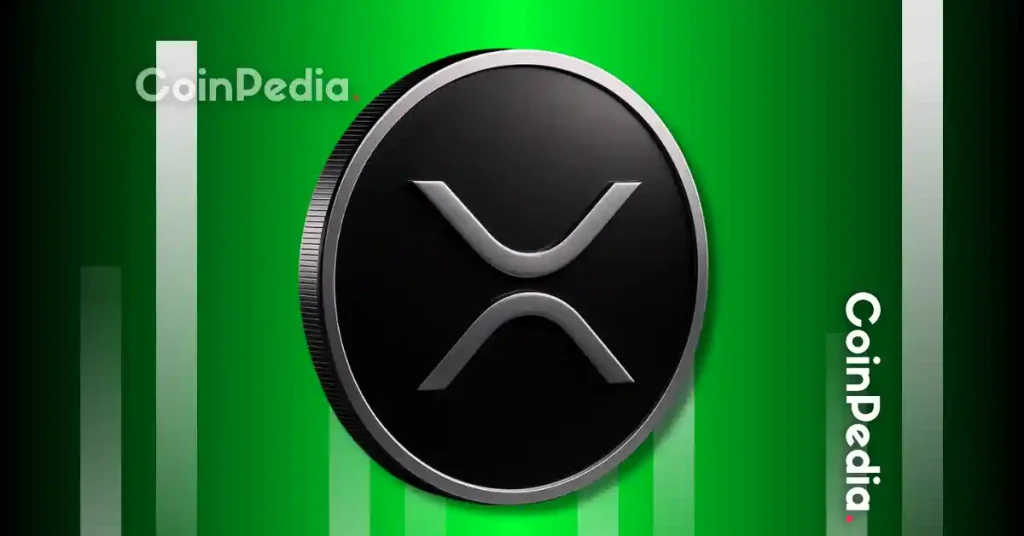OpenAI has gone straight to European Union regulators to report what it sees as serious anti-competitive behavior by Google, Microsoft, and Apple.
According to official notes from a September 24 meeting with EU antitrust chief Teresa Ribera, the AI firm said it’s facing “difficulties in competing with entrenched companies” and urged the bloc’s watchdogs to act fast to “avoid the lock-in of customers by large platforms.”
The meeting, described as “hybrid,” included some people physically present and others dialing in by video. A person who was briefed allegedly said that those three companies were named directly by OpenAI. They were accused of blocking fair access to essential data and tools needed to compete in the AI market, especially in areas like cloud services and app development.
OpenAI pushes back on Microsoft, warns of competition risks
An OpenAI spokesperson, when contacted, didn’t offer new remarks but referred reporters to an earlier company blog post that already raised alarms about unfair AI competition and bottlenecks in inputs and distribution, a not-so-subtle jab at Google.
While this latest move stops short of a formal antitrust complaint, it’s a clear warning shot. The company is basically telling Brussels: either step in now or risk seeing a few giants control all of AI.
The stakes are even higher considering OpenAI’s complicated relationship with Microsoft. Yes, they’re still tied together. Microsoft continues to pour cash into OpenAI.
But let’s not pretend they’re not rivals too. Microsoft has aggressively built Copilot, a personal assistant app directly competing with ChatGPT, OpenAI’s top product.
And OpenAI? It’s been expanding into the business sector, which just happens to be Microsoft’s biggest revenue source. Tensions? Yeah, they’re real.
Nvidia money flood boosts OpenAI, raises stakes for Oracle
While OpenAI goes after Big Tech in Brussels, it’s also making massive financial moves in the infrastructure war. Just a day after OpenAI and Nvidia announced a $100 billion investment plan, OpenAI dropped another bomb: a separate $300 billion deal with Oracle to build data centers across the United States.
Oracle, meanwhile, is spending billions on Nvidia GPUs to power those centers, meaning Nvidia’s cash cycle continues to spin.
But Oracle’s profits aren’t keeping up. A report on Tuesday, based on leaked internal numbers, said the firm’s cloud margins were far thinner than expected, only $0.14 in profit per $1 in sales, despite generating about $900 million last quarter from server rentals powered by Nvidia chips. The leak, published by The Information, triggered a drop in Oracle stock and even rattled the wider tech market.
Later that same day, insiders revealed that Nvidia plans to throw another $2 billion in equity into xAI, Elon Musk’s new AI startup. The total xAI funding round, now set to reach $20 billion, will include $7.5 billion in equity and up to $12.5 billion in debt, using a special purpose vehicle.
The SPV will buy Nvidia chips. Then xAI will rent those same chips back, for five years. That structure ties Nvidia’s hardware directly to xAI’s roadmap.
Get up to $30,050 in trading rewards when you join Bybit today















 English (US)
English (US)